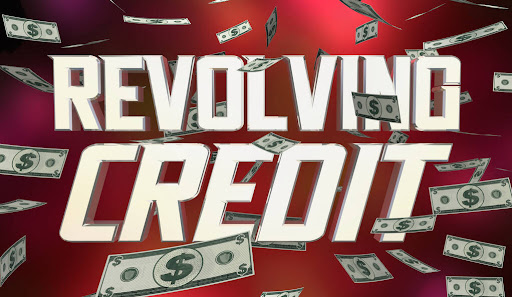How to Improve Your Credit Score
There are a few things you can do to help improve your credit. One is to make sure you keep updated on your credit score and credit history. Another is to keep your balances low and make your payments on time. You can also try to get a credit card with a lower interest rate. Finally, you can also contact a credit counseling service if you need credit help or if you want to make a plan to improve your credit.

How to Get Help With Your Credit
There are a few ways to get help with your credit. You can seek professional help, look for resources online, or try to do it yourself.
If you decide to seek professional help, you can contact a credit counseling agency. These agencies can help you develop a plan to pay off your debt and improve your credit. You can also work with a credit repair company. These companies can help you remove negative items from your credit report.
If you decide to look for resources online, you can find a number of articles and tips about credit repair. You can also find helpful tools, such as credit score calculators.
If you decide to try to do it yourself, you can start by getting a copy of your credit report. You can get a free copy of your report from each of the three major credit bureaus. Once you have your report, you can start working on fixing any errors. You can also work on paying down your debt and increasing your credit score.
How to Fix Credit Mistakes
Bad credit can make it difficult to qualify for loans, credit cards, and other financial products. And it can make it more expensive to borrow money. If you have bad credit, you’re not alone. About one in five adults in the United States has a credit score that is considered “poor” or “fair.”
There are many reasons why people have bad credit. Maybe you missed a few credit card payments. Or you had a medical emergency and had to put your bills on a payment plan. Maybe you filed for bankruptcy.
Whatever the reason, there are steps you can take to improve your credit score. And the sooner you start, the better.
- Check your credit report for errors
The first step is to get a copy of your credit report from all three credit reporting agencies: Equifax, Experian, and TransUnion. You’re entitled to one free credit report from each agency every year.
Check your credit report carefully for any errors. If you see something that’s not right, dispute it with the credit reporting agency.
- Pay your bills on time
One of the biggest factors in your credit score is your payment history. So, one of the best things you can do to improve your score is to pay or get some credit help.
How to Build Credit
Credit is essential for anyone who wants to borrow money or improve their financial standing. Here are some tips on how to build credit.
The first step is to get a credit card. You can start with a secured credit card, which is backed by a deposit you make. Using your credit card wisely, such as paying off your balance in full each month and making payments on time, will help you build a good credit history.
You can also build credit by taking out a small loan and repay it on time. Another option is to become an authorized user on someone else’s credit card. This means you can use their credit card but are not responsible for the bill.
Whatever method you choose, be sure to keep track of your credit score so you can see your progress. Building credit takes time, but it’s worth it in the long run.
How to Use Credit Responsibly
Credit can be a useful tool if used responsibly. Here are a few tips on how to use credit responsibly:
- Don’t overspend. It’s easy to get carried away when using credit, but it’s important to stick to a budget. Only charge what you can afford to pay off each month.
- Make payments on time. This will help you avoid late fees and keep your credit score high.
- Pay more than the minimum payment. If you only make the minimum payment each month, you’ll end up paying more in interest and it will take longer to pay off the balance.
- Keep track of your spending. It’s important to know where your money is going. Keep track of your credit card statements so you can see where you’re spending the most.
- Don’t open too many credit cards. It’s tempting to open a new credit card when you see a great deal, but too many credit cards can hurt your credit score. Only open new accounts when you really need them.
Credit can be a great way to finance a purchase or build your credit score. Just be sure to use it responsibly.









